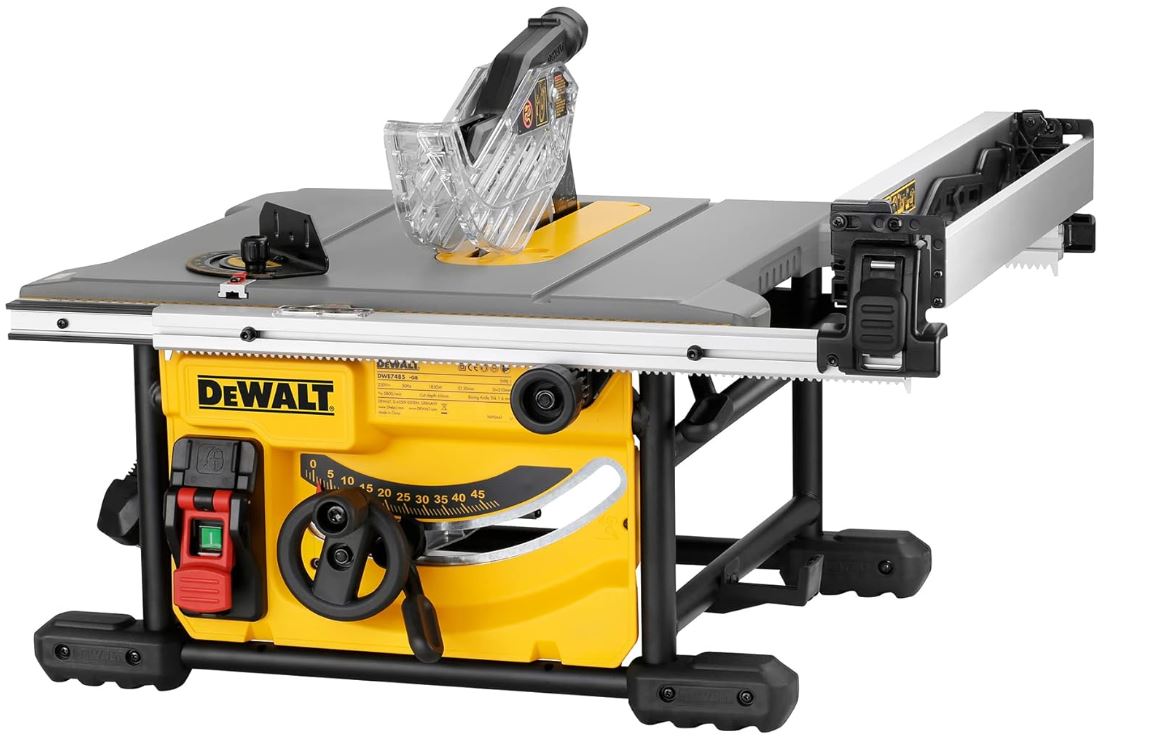Selecting a local facility management provider is an important choice that can significantly affect your company’s success, as they are responsible for everything from keeping your workspace tidy and functional to guaranteeing the security of your clients and staff.
Choosing the right contractor for your needs might be difficult when so many are available. We’ll walk you through this decision-making process in this blog article.

Specify Your Area Of Interest
Defining your scope is a crucial first step when selecting a local facilities management company. You can save time and effort while looking for the correct contractor if you know the services and assistance you need.
Here are some essential factors to consider when properly defining your scope.
1. Evaluate Your Present Requirements
Assessing your present needs for facilities management is the first step. Think about things like your facility’s size, the exact duties you need help with, and any areas that could use some improvement or special attention.
2. Identify Areas For Improvement
Next, identify areas in your current facilities management practices that need improvement. This can involve problems such as backlogs in maintenance, energy inefficiencies, or antiquated systems, so you know what kind of knowledge and resources to watch out for. Ideally, the company you choose should be able to address the specific challenges.
3. Determine Your Budget
Considering your facilities management service budget is another aspect of defining your scope. Establish your upper limit for spending and the return on investment you hope to achieve. This will assist you in reducing the number of contractors you could work with and concentrating on those who charge inside your price limit.
4. Assess Your Internal Capabilities
Determine what tasks can be handled in-house and what requires external expertise so you can identify the specific services you need from a contractor. Thus ensuring you are doing everything correctly and maximizing the value they bring to your organization.
Research Your Options
Having defined your scope, you can now research your options in your local area.
Step One: Make a List
A quick Google Search can give you a list of companies around you. Just searching for “facilities management company near me” or “facilities management company in city” might be enough to get you a few companies.
In addition, you can ask for referrals from friends or acquaintances.
Review their service offerings and assess whether they align with your needs. Some popular services in facilities management are maintenance, repairs, security, janitorial, landscaping, and energy management. Are these services included in their portfolio? Do they have specialized teams or expertise in certain areas?
Step Two: Take Out Any Company That Doesn’t Serve Your Area
Ensure that the contractor you choose covers your specific region or jurisdiction. Some contractors might have limitations on servicing certain areas, which could hinder their ability to fulfill your business’s needs.
In addition, the distance between your company and the contractor’s location is important when selecting a local facilities management firm.
Choosing a facilities management contractor close to your place of business guarantees that the contractor can react quickly to any requests or situations. Quick on-site assistance can help handle maintenance or facility concerns effectively and minimize potential disruptions to your company’s activities.
Furthermore, proximity contributes to a stronger relationship between your business and the contractor. It allows for face-to-face meetings, fosters better communication, and enhances collaboration on facility management strategies. Additionally, because the contractor is assisting local companies and their reputation in the community is on the line, it fosters a sense of accountability and responsibility on their behalf.
Step Three: Look at Reviews From Their Customers
Examining the reviews of a local facilities management contractor is a helpful way to gauge their reputation and dependability. A few places you can find reviews are Yelp, Local.com, Trust Pilot, and Google Business Profile / Google Maps.
Look out for good and bad reviews to understand patterns in their service. Praise-emphasizing elements such as prompt response times, reliable service, and exceptional customer support are good to have. At the same time, recurring complaints or negative feedback may signify potential weaknesses or issues with the contractor.
Evaluate Your Candidates
You should have narrowed down your list, but there’s still a bit more to go. The steps below will get your list down to the one local facilities management contractor or company to work with.
1. Ask them about certifications
Look for certifications such as ISO 9001, which demonstrates a commitment to quality management systems, or ISO 14001, which shows a dedication to environmental management.
Additionally, certifications specific to the facilities management industry, such as BIFM (British Institute of Facilities Management) or IFMA (International Facility Management Association), show the contractor knows what is relevant to their service industry and might attest to their track record of success in the sector.
Industry recognitions validating their competence and commitment to excellence are also good.
2. Ask About Their Business Experience
Additionally, consider the contractor’s experience in the industry. How long have they been in business? What businesses have they worked with?
A contractor with a long history of experience is likely to have developed effective strategies for managing facilities and resolving issues.
3. Ask Situational Questions Based on Your Needs
To further assess their competency, ask situational questions based on your specific needs. For example, if you require international procurement, ask about their protocols and past experiences in international procurement. This will help you gain insight into their suitability for the job.
4. Ensure the Costs Match Your Budget
While price is crucial in any business decision, selecting a facilities management contractor shouldn’t be based only on it. Instead, concentrate on locating a contractor who provides high-quality services at a fair and competitive price.
Beware of contractors who significantly undercut their competitors’ prices because this could indicate subpar work or unstated expenses in the future. Higher costs, though, do not always translate into better service. Ensure you get a breakdown of additional fees and find out exactly what is included in the cost estimate.
You should ask each candidate for a detailed proposal to get a clear idea of the cost range in your local area. The services, supplies, schedules, and related expenses should all be included in these proposals, so you know the value of what’s offered rather than just the price by comparing these proposals.
Get to Work
After considering the aforementioned, your list should consist of one or two companies. The next step is to obtain a formal contract. You should look elsewhere if any of the businesses you are considering don’t operate under a contract or SLA.
A contract ensures that you and the contractor agree on the project’s terms and conditions, including its scope, responsibilities, expectations, and costs. The following are the essential components of the contract:
- Scope of work: This should outline the duties, services, and maintenance activities that will be performed. It should be very specific.
- Timelines: The precise deadlines for every task or service should be included in the contract. Given the longevity of a facilities management relationship, you might want to include expectations instead of deadlines since tasks might vary from month to month. Also, it is crucial to include a clause in the contract specifying how delays and extensions will be handled.
- Liabilities in the event of damage: describe the contractor’s obligations if the equipment or facilities are damaged during the course of their work or due to inadequate maintenance. Indicate exactly who will pay for necessary replacements or repairs and the associated expenses.
- Communication: the contract should highlight the expected mode and frequency of communication between both parties. Also, define the type of information that must be communicated, such as any schedule changes, unexpected delays, equipment issues, or personnel issues.
Conclusion
Facilities management is critical for cost savings and facility longevity. On the other hand, choosing the wrong facilities management company can result in additional costs and broken equipment. Do your research as outlined above and sign a contract before giving them full access to your building.



